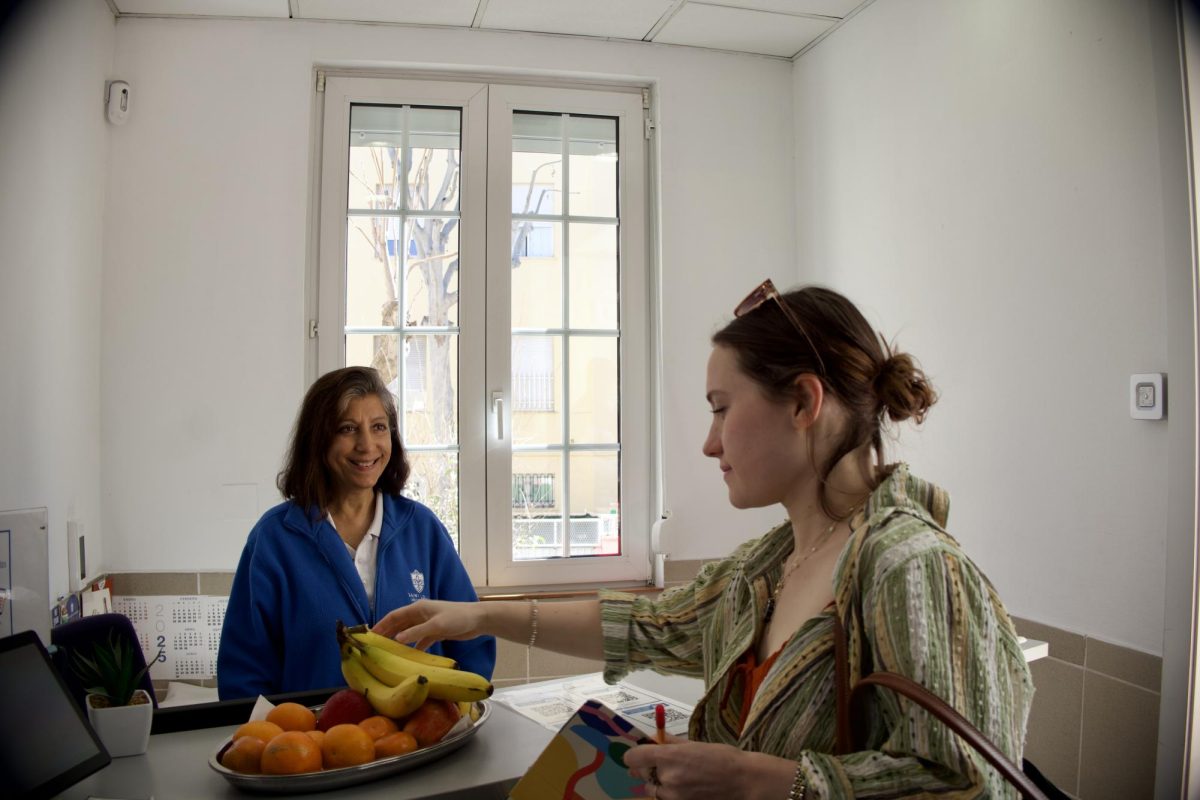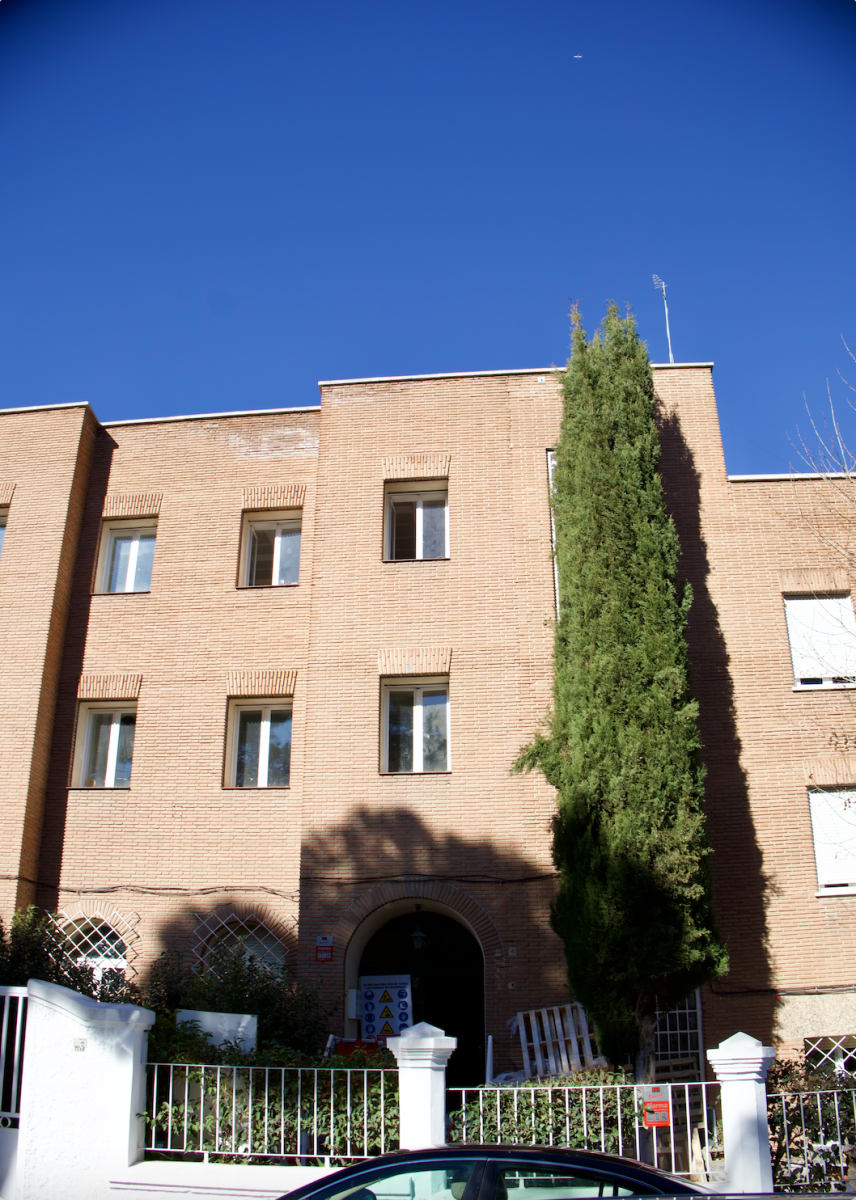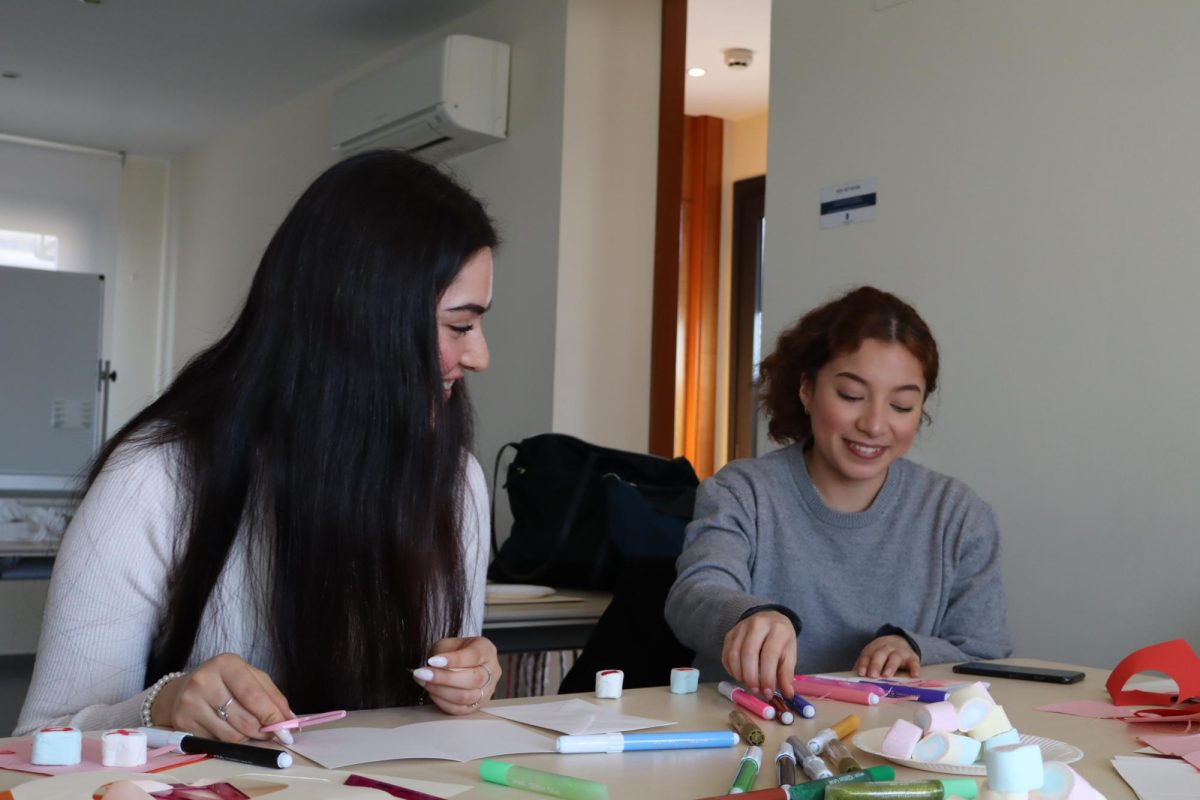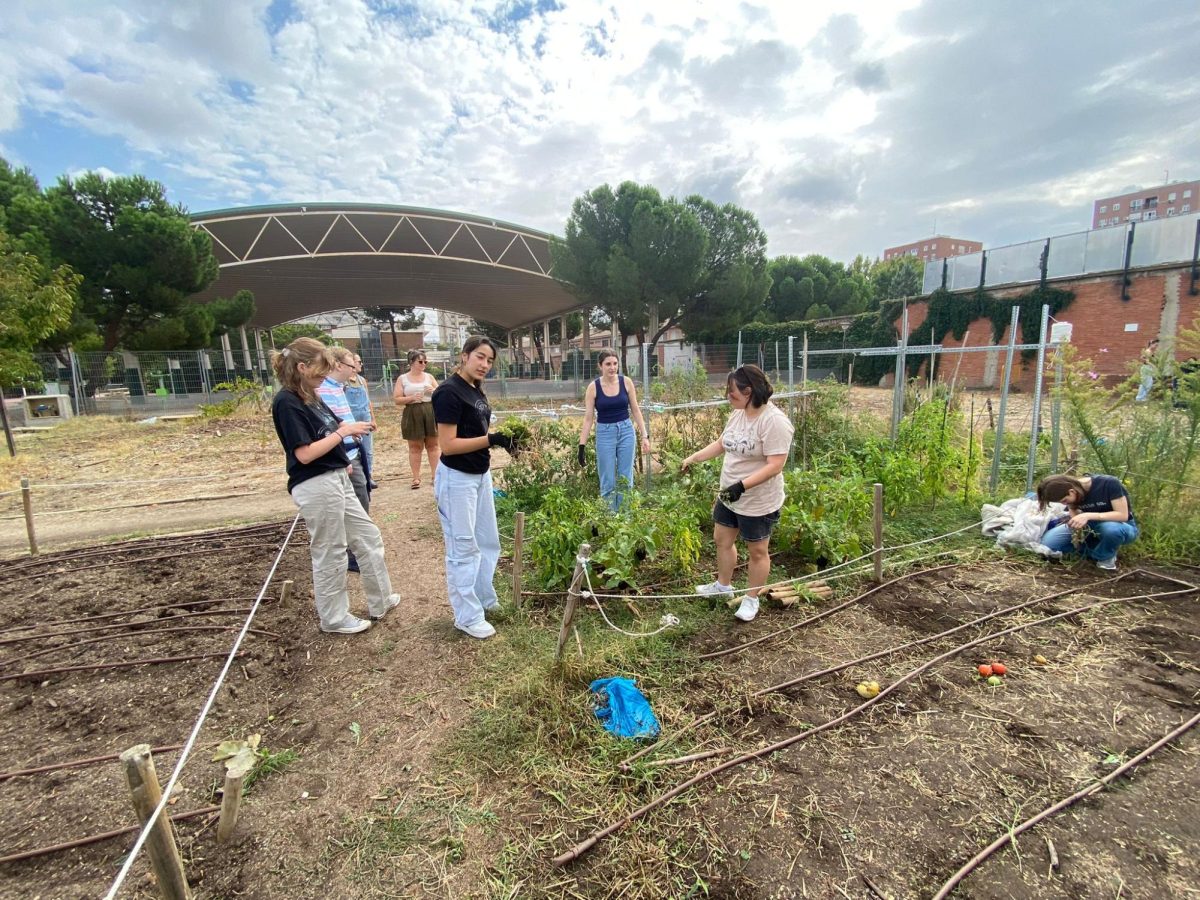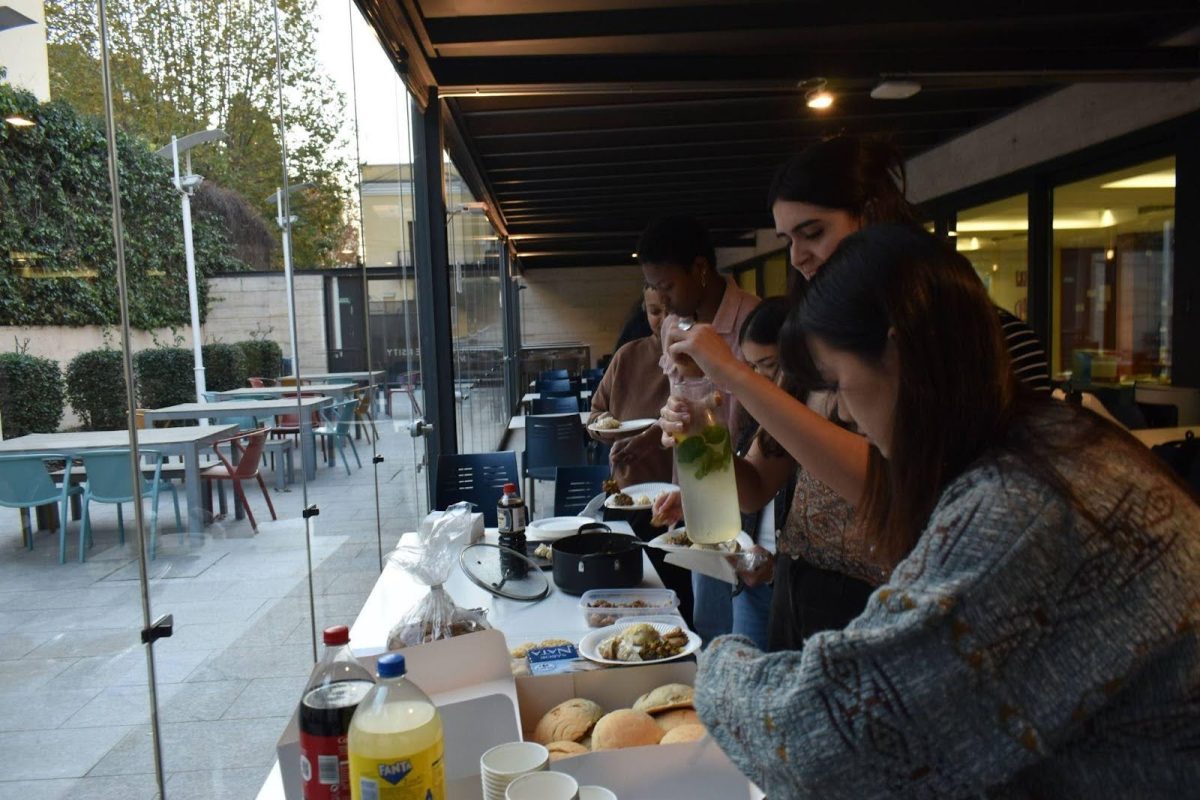
In a rustic, brick-walled barbershop wedged between a driving school and an elegant café, Julihan Mitchell, 32, sweeps up clumps of hair from underneath a barber chair. He has been cutting hair for over a decade and twirls his shears absentmindedly as he banters with waiting customers.
“What do you want, man—zero all around?” he teases before gesturing for the client to take a seat.
For Mitchell, being a barber is rewarding because he gets to connect with clients and piece together haircuts like puzzles. But growing up, he didn’t plan on being a barber—he studied visual design in college to pursue a career as a graphic designer. After struggling to find a job, he picked up a pair of clippers out of necessity.
“Everyone wants to be in Madrid, man,” he said. “You have to adapt and hustle.”
Spain’s labor market has long been plagued by high unemployment—currently hovering at 10.6%, nearly double the European Union average, according to Statista. Despite Spain’ strong economic performance, with a 3.2% GDP growth in 2024 that the BBC describes as the “envy of Europe,” many young adults continue to struggle to find jobs. According to EuroWeekly, Spain’s job vacancies increased by 4.3% in 2024, reaching record highs. The European Centre for the Development of Vocational Training partially attributes this to skills mismatch, which occurs when the skills demanded by employers differ significantly from those possessed by job seekers. Industries ranging from information technology to shipping are experiencing labor shortages, prompting immigration reform. According to Schengen News, the Spanish government plans to grant residency and work permits to 900,000 migrant workers over the next three years.
While immigration policy can help fill vacancies and boost economic output, the Spanish job market remains more competitive than ever.
“Our economy in Spain is quite different in that it revolves around services, so there is some seasonality,” Jorge Martínez, a 54-year-old computer science professor, said. “But if you are intentional and well-trained, there are plenty of opportunities.”
For college students, this translates to starting career planning even earlier. Valeria Kim, a 19-year-old sophomore studying computer science, chose her major for its earning potential. But navigating Spain’s technology job market has been disheartening.
“I love the satisfaction of coding something and seeing it work,” she said. “But job hunting? It’s been exhausting.”
Breaking in is the hardest part. Many employers prioritize experience, leaving students like Kim scrambling for internships. She spends evenings networking at career fairs and weekends scrolling through Handshake, a recruiting platform for college students.
“My passion for computer science has faded,” she admitted. “I feel like I spend more time sending job applications than actually coding.”
For others, like Bea Perez, navigating Spain’s labor market means making sacrifices to build a better future. At 27, Perez has spent nearly a decade in kitchens, working as a cook since she was 18. She loves cooking, but the job is grueling—long shifts, low wages, and an exhausting pace.
“I work eight hours a day, and the pay is just too low,” she said. Still, she remains optimistic and is training to become a bus driver. The appeal is clear—twice the salary and a shorter, six-hour workday. The transition, however, is not easy, especially while working a full-time job.
“I have to pass two exams,” Perez said. “It’s tough, but there’s a shortage of drivers, so once I pass, I’ll have a job almost immediately.”
Her story reflects Spain’s labor imbalance—some industries are oversaturated, while others struggle to find workers. The key, she insists, is identifying opportunities and adapting accordingly.
Not everyone struggles to break in. Some, like 45-year-old professor Asad Rehman, have carved out paths in high-demand fields. Now a computer science professor at SLU, Rehman first pursued a master’s degree in the United Kingdom, followed by a doctorate in Portugal. His specialization in telecommunications and advanced research experience made him highly sought after. “There’s a shortage in [computer science] and telecommunications,” he said. “If you have the right skills, you’ll get hired. We’re constantly looking for people in fields like 5G, 6G, and medical technology.”
Still, he warns that degrees alone are not enough. “A master’s is just the starting point, [and] real-world skills matter more. Strong problem-solvers will always find work.”
Many Spaniards say standing out in a crowded job market depends on networking. Research is a tight-knit community, and Rehman says that most hiring decisions come down to reference checks. Interview performance matters, but mutual connections who can vouch for work quality are even more important.
That was true for Mitchell, too. He landed his current barbershop job not through applications but because he cold-called every barbershop in Madrid—and only one called him back. The reason? A former coworker vouched for him to the owner.
In a challenging job market, some Spaniards are opting to pursue entrepreneurship.
Sofia Rodrigo Ejapa, 25, started her own animation and nail business at just 21. She juggles freelance 3D animation projects and intricate nail artistry while working from home. For her, entrepreneurship offered the freedom of setting her own schedule and pursuing her passions after struggling to find flexible job opportunities previously. Breaking into both fields initially proved challenging, but social media referrals quickly grew her client base. Today, she works a flexible 20-hour week and has never once regretted pursuing her dreams.
“People are afraid to be entrepreneurs because you’re always told to find a job,” she said. “So if you have the courage and the skills, there’s a lot of opportunity.”
Mitchell rings up a customer at the shop’s worn wooden desk, then slides over a vodka shot.
“My life looks nothing like what I imagined when I was in school,” he said. “It took a lot of work to get here—but I’ve built something good, and that’s what matters.”

